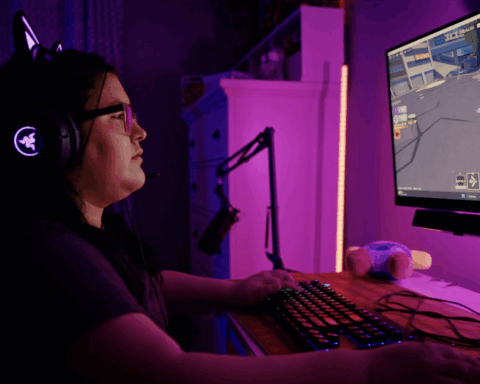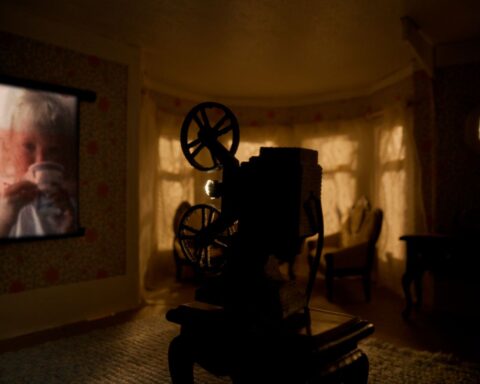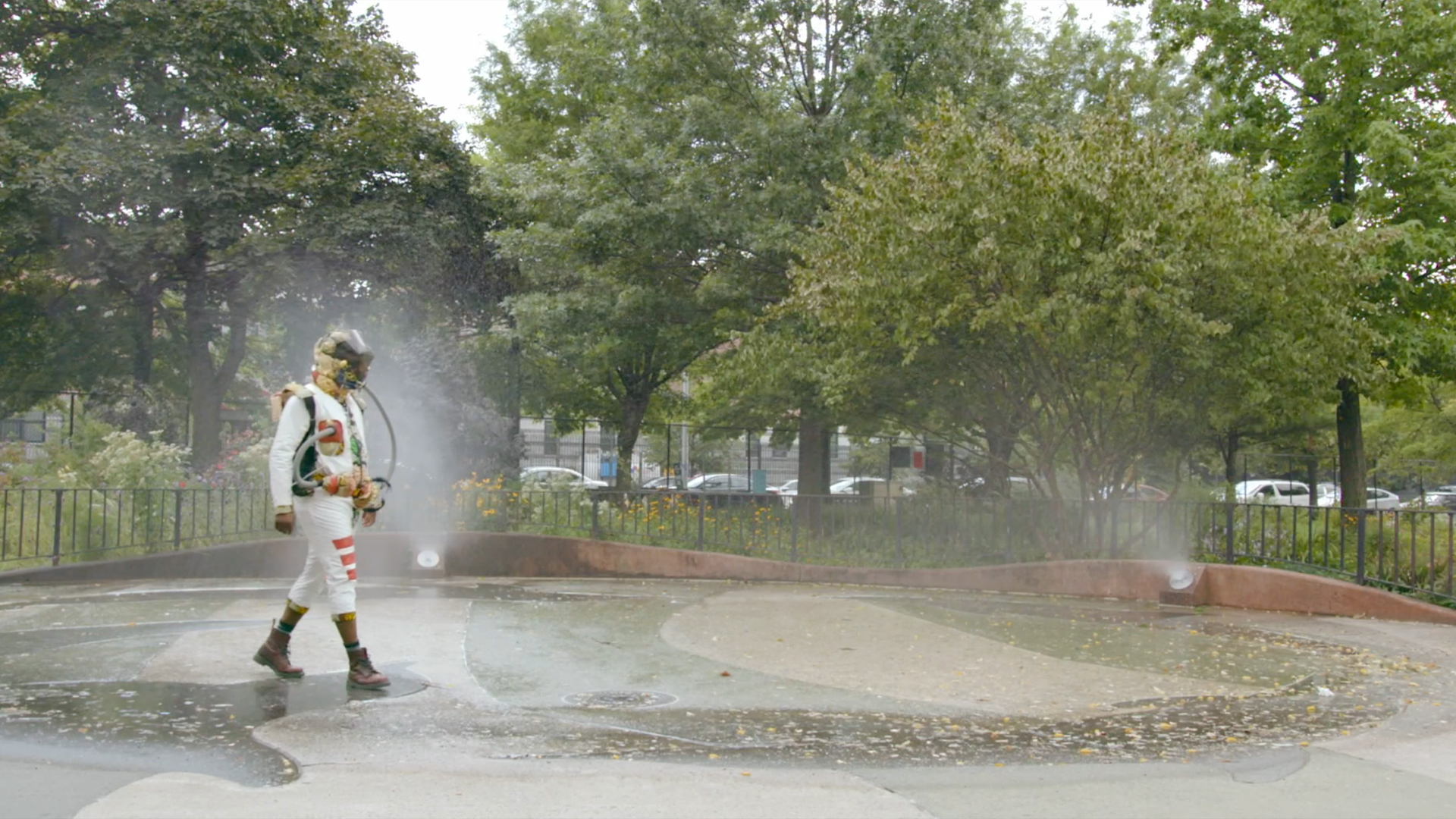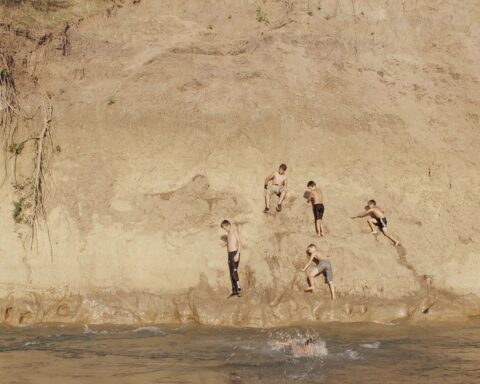17 and Life Doesn’t Wait
(Canada, 80 min.)
Dir. Maureen Judge
Women’s lives are full of myths and symbols. Whore? Saint? Amazon? Wife? Witch? Princess?
Yet women’s actual lives feel nothing like the stereotypes. Maureen Judge has devoted her career to holding up a mirror so that we can see what our lives are actually like. Her distinguished body of work, mostly in collaboration with TVO (TV Ontario), has covered weddings (Unveiled: The Mother Daughter Relationship), aging parents (Mom’s Home), and children moving back home (In My Parents’ Basement), among other real-world situations. Growing up has been of recent interest. My Millennial Life looked at the challenges that young people face as they launch themselves into the adult world.
Judge’s newest project is 17 and Life Doesn’t Wait, a TVO original documentary, launched recently on the broadcaster’s channel and is available online. The topic–three vibrant teenage girls facing family and societal expectations and challenges on the threshold of finishing secondary school–allows Judge to describe what it is truly like to be an adolescent female in the twenty-first century. The usual subjects emerge, but often in unexpected ways. The girls are confident and vulnerable, innocent and sophisticated, all at the same time. They adore and depend on their parents, and reject and mock them at the same time.
As always, Judge and her team have located remarkable people to be characters in the film, and built trusting relationships with them, and their families. We are aware of the director’s and the camera’s presence in this film in a way that is refreshingly honest. The girls live their lives on screen so this is just one more lens in their face. One subject, Mich, is particularly open about posing for the camera (Judge’s and her own) and talking about the presence of the crew in a phone call. The girls are all in Grade 12, in strikingly different circumstances. Kiki lives with her family, including her twin brother, in a large home in Florida. She hopes to get to college on a basketball scholarship. Mich has moved out of her mom’s place, is living on welfare, and attending an alternative school in downtown Toronto. Audrey also lives downtown (in a condo with her sister) so she can attend an elite private school despite the modest life her parents live in the suburbs.
The film, shot over a school year, raises question of ambition, achievement and sacrifice and what it means to navigate through your own and everyone else’s hopes and expectations. Are these your real dreams, or your parent’s? And when things happen, both good and bad, who is there for you? And are you there for others? The innocence and naivete of the girls are allowed to surface along with their brash confidence. The responses of their families to their attitudes and behaviour are also there for us to observe. Kudos to the team for allowing the parents to show their feelings, however awkwardly, and for not judging either generation.
TVO thoughtfully launched the film twice, with an extended discussion on its flagship public affairs program, The Agenda, after its first broadcast as well as a panel discussion after the initial public screening, involving social workers and other people who work closely with young girls. The issues are profound. There is no one identity for anyone, least of all for someone trying to find her path in the world. Potential labels abound for each of them, and none would be sufficient. Race, ethnicity, class, sexual orientation, trauma survival, academic achievements, family composition: whatever assumptions those labels represent are challenged by the end of the school year.
In each chapter, labelled with the seasons, we see the girls as they go to school, gather with friends, connect with their family, and consider their future. The structure of the school year, including university applications, sports competitions, Christmas productions, and above all, prom, provides the film with opportunities to show us the girls in parallel but very dissimilar situations. We celebrate and commiserate with the girls, and are left hoping to know more about how they do in the next stage of their lives.
Maureen Judge’s able team includes co-writer Martin Waxman, her long-time collaborator, cinematographer Mark Caswell, and emerging sound and music composer, Jacob Waxman.
Watch 17 and Life Doesn’t Wait here.










